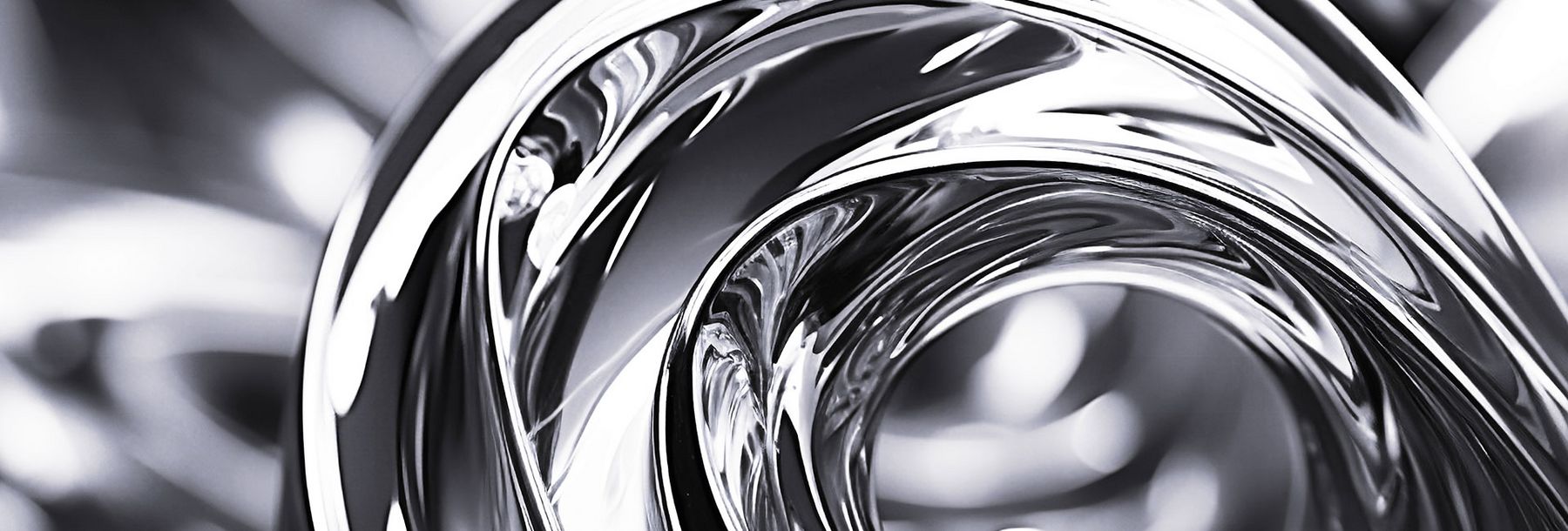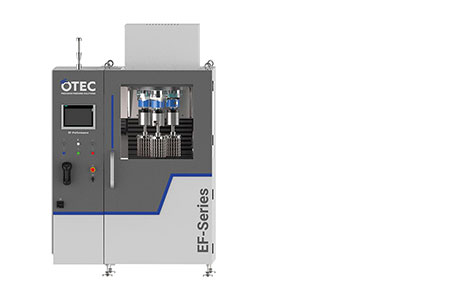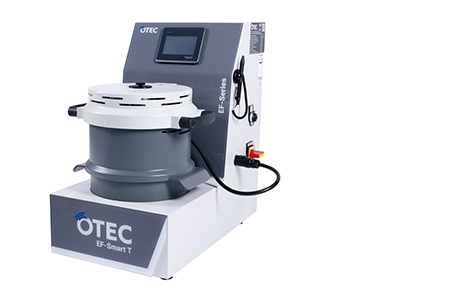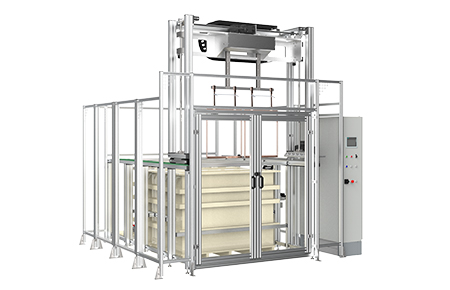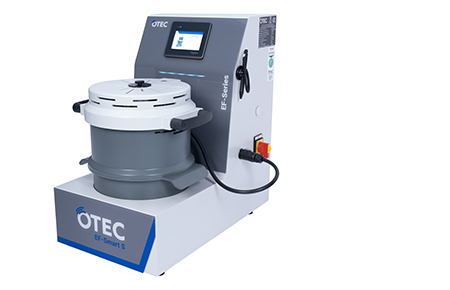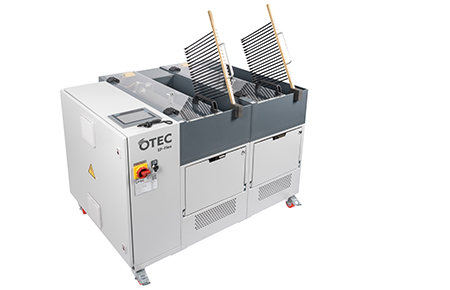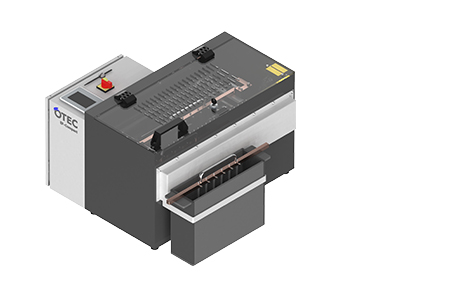Electro Finishing Machines
Electro Finishing (EF) is a highly precise process for surface treatment of metallic workpieces using an external power source. In this electrochemical removal process, the workpiece is dipped into a specific Electro Finishing Media and anodically removed. Electro Finishing is primarily used to smooth and polish surfaces. The process is particularly effective in processing difficult materials such as stainless steel, titanium, and other alloys. The application of Electro Finishing results in workpieces with a metallically pure surface, an unaffected basic structure, improved corrosion resistance, and a permanently shiny surface. Electro Finishing offers numerous advantages over other surface treatment methods. It is a fast, effective, and precise method for achieving high-quality surfaces that meet the high demands of modern industry. Therefore, if you are looking for an optimal solution for processing metallic workpieces, you should definitely consider Electrofinish.
Contact us for your surface finishing solution.
EF-Polimax | Jewellery
High-gloss finishing for the fashion industry.more
EF-Smart S | Jewelry
Gentle polishing process for delicate parts.
more
EF-Flex | Jewelry
High-gloss polishing reduces manual work to a minimum.
more
EF-Nova | Jewelry
Ideal for small and medium-sized jewelry workshops.more
EF-Compact | Jewelry
High-gloss polishing reduces manual work up to 90%.more
Das Glätten und Polieren von Metallteilen in der EF-Flex, EF-Smart und EF-Performance mittels Ionentransport über freie Teilchen, die durch in den Teilchen eingespeichertes Elektrolyt elektrisch leitfähig sind, ohne freie Flüssigkeit auf deren Oberfläche und mit einer negativen elektrischen Ladung in gasförmiger Umgebung geladen sind, ist in Deutschland für die Inhaberin des deutschen Teils des Europäischen Patents EP 3 372 711 B1 patentrechtlich geschützt und bedarf der separaten Zustimmung der Patentinhaberin. Das Werkstück muss daher in flüssiger Umgebung bearbeitet werden, sodass ein Kontakt des Werkstückes mit unabhängig von den Teilchen beweglicher und nicht ausschließlich an diesen anhaftenden oder in die Teilchen aufgenommener Flüssigkeit besteht.
Die EF-Flex, EF-Smart und EF-Performance (aus Gründen der Vorsorge) darf insbesondere nicht mit Media „EF 4-1“ und vergleichbaren Media verwendet werden.

